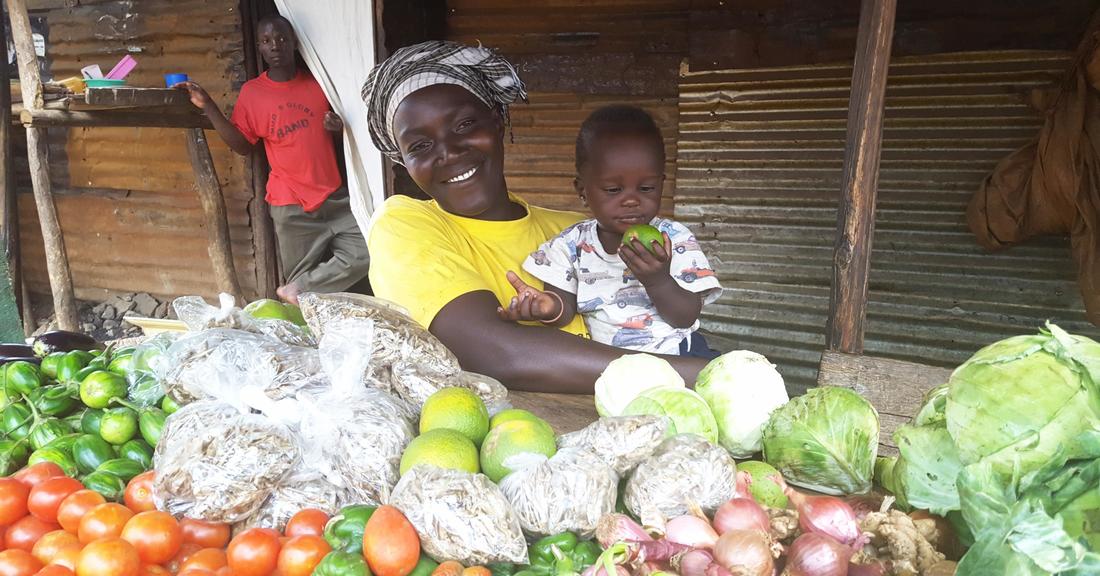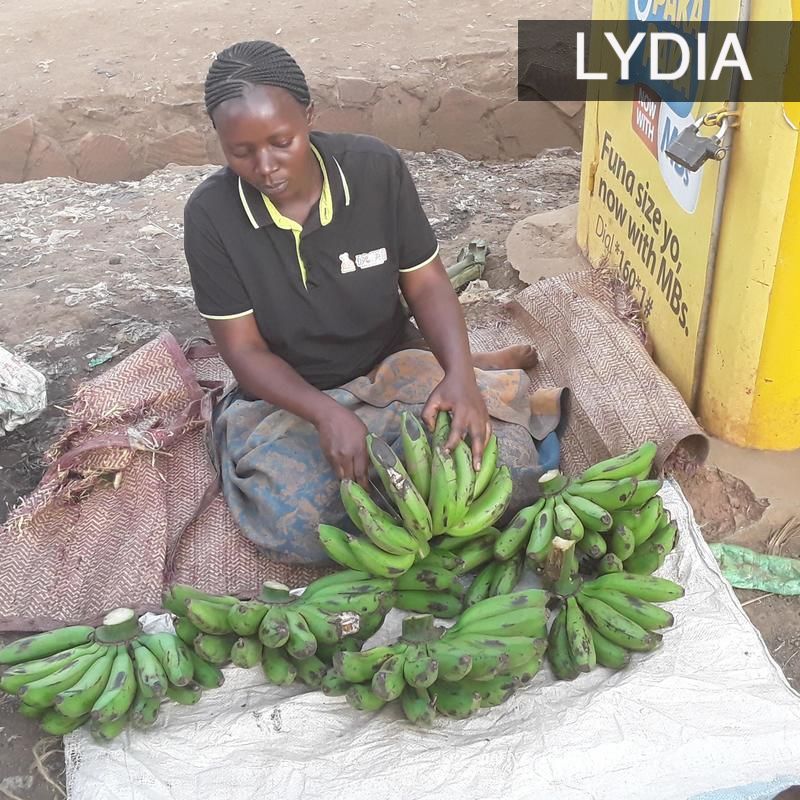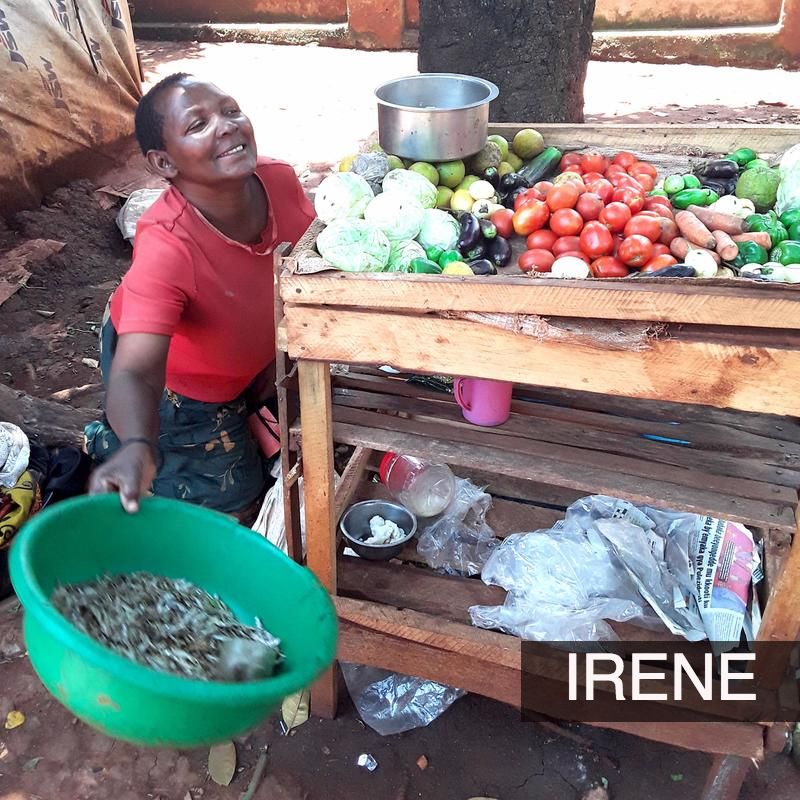|
For the last 18 months, since the success of our pilot education loans in Masese II, the Child Protection Teams (CPTs) we support in Uganda have been expanding the scheme in Loco, Masese I and Masese III. Education loans are small business loans given via the CPTs to the most vulnerable households, enabling them to create a source of income which covers the costs of providing for their children and sending them to school. After the most needy households are identified, people are invited to attend a series of training workshops, which include a focus on saving, small business training and opportunities to form self help groups.
These ‘education loans’ have gone from strength to strength, with an external evaluation in September 2017 stating how loans have ”boosted the economic capacity of respective households to meet their needs such as education, food [and] medical care…” To receive the loan, a prospective business owner will make a business plan and write an application with support from the CPT. They are given a timeframe within which to pay it back, by which time they have a thriving business, a child in school and a good knowledge of how to manage their own finances. The external report included feedback from many recipients including a mother from Masese III who said “I thank God for bringing Children on the Edge, because I was really struggling but they gave me 200,000 Ugandan shillings and I am now able to educate my children, buy books, feed my children and even pay rent. Although there has been a problem with hunger in the community, my situation has not been as bad as it would have been without Children on the Edge support. That capital helped me to start a small business where I sell tomatoes and silver fish”. Repaid loans are then available to be passed on to someone else in need. With recipients paying a little interest, the loan pot can gradually grow, in order to help an increasing number of households. The repayment of the loan with a little interest also teaches business and budgeting skills, rather than dependency, and makes the fund itself sustainable. A community evaluation of the ‘Most Significant Changes’ in the area, facilitated in January 2018 showed how the development of a ‘savings culture’ had significantly improved the financial status of those involved. Robina from Masese II described how “I was able to start saving as well as reserve some money to send my five children to school, provide them with basic needs and scholastic materials. So basically I am happy because my children are back to school and I can provide for the family needs as a single parent.” The workshops introduce the benefits of saving and give hints and tips on how to put money aside, even through times of financial stress. Each person attending has a trial period of demonstrating they can save money and budget, before they are given their first loan. Over 90 people are currently participating in the loan scheme, nearly half of whom are supporting five or more children. Not only have over half these people increased their savings, but an incredible 92% have reported that they are now able to feed their children twice a day. 93% are also now able to send their children to school, maintaining regular attendance. Find out more about the difference these loans make in people’s lives by reading Lydia and Irene’s stories. Just click their images below: Support usComments are closed.
|
RECEIVE OUR EMAILSBlog Categories
All
Archives
July 2024
|
|
JOIN US ON SOCIAL MEDIA
|
Annual Report | Contact Us | Jobs | Media Centre | Resources | Shop
Accessibility & Policies: Accessibility | Equity, Diversity & Inclusion Policy | Complaints| Privacy Policy | Safeguarding
Accessibility & Policies: Accessibility | Equity, Diversity & Inclusion Policy | Complaints| Privacy Policy | Safeguarding
Children on the Edge, 5 The Victoria, 25 St Pancras, Chichester, West Sussex, PO19 7LT, UK | 01243 538530 | [email protected]





 Give monthly
Give monthly Fundraise for us
Fundraise for us RSS Feed
RSS Feed
